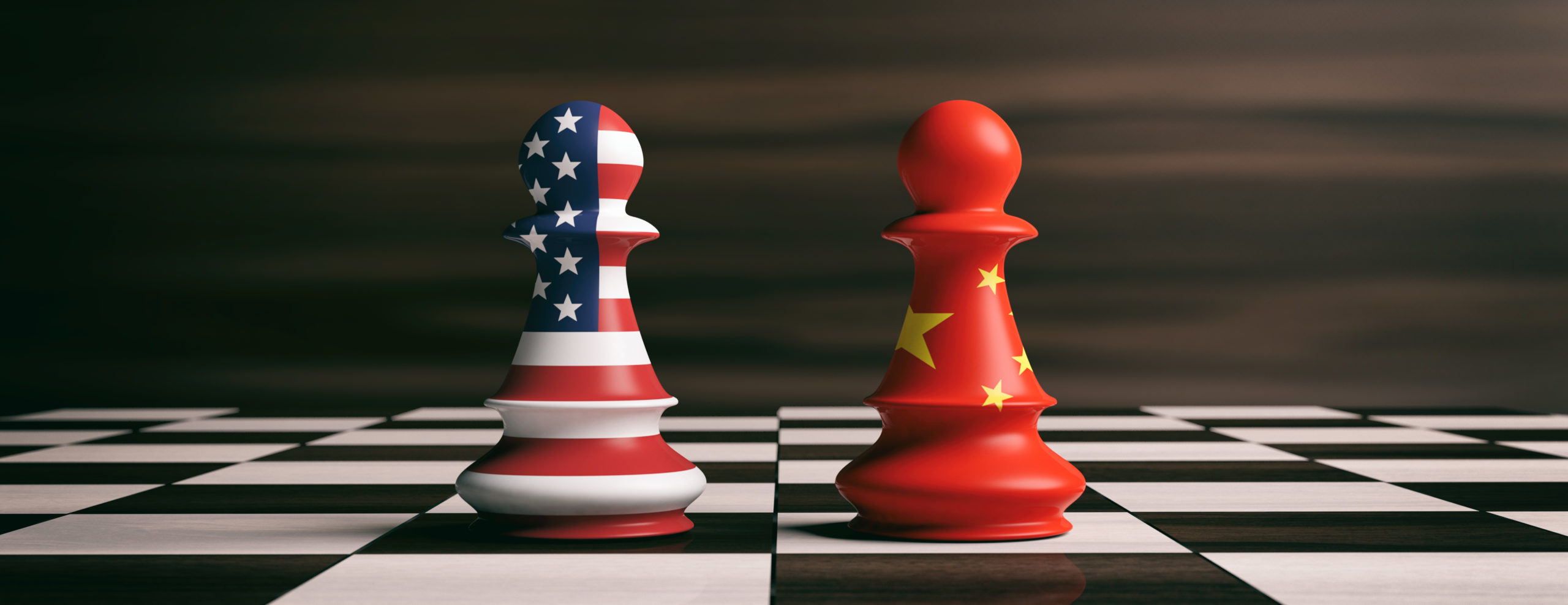The Clash of Communisms
Not without reason do China critics tend to observe a rival across the Pacific strong everywhere the US is weak, especially under the sway of coronavirus. For most on the Right, the focus of such criticism centers around ideology: if only the Chinese weren’t communist, we wouldn’t find ourselves in this mess. Some anti-communists take a more globalist bent (“true capitalistic democratization hasn’t been tried”), others a more nationalist one (“America must once again defeat an evil empire”).













